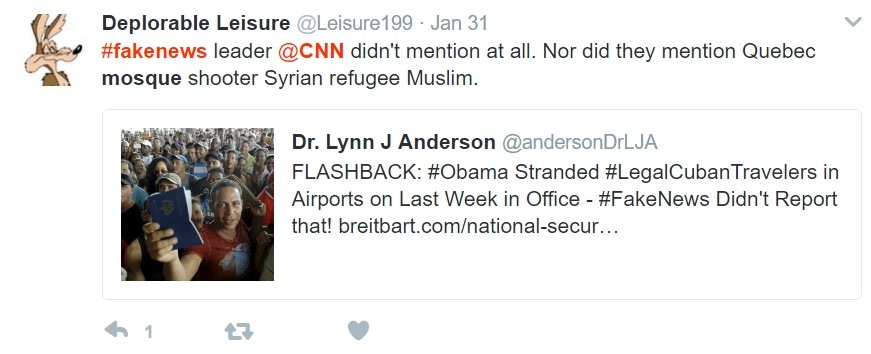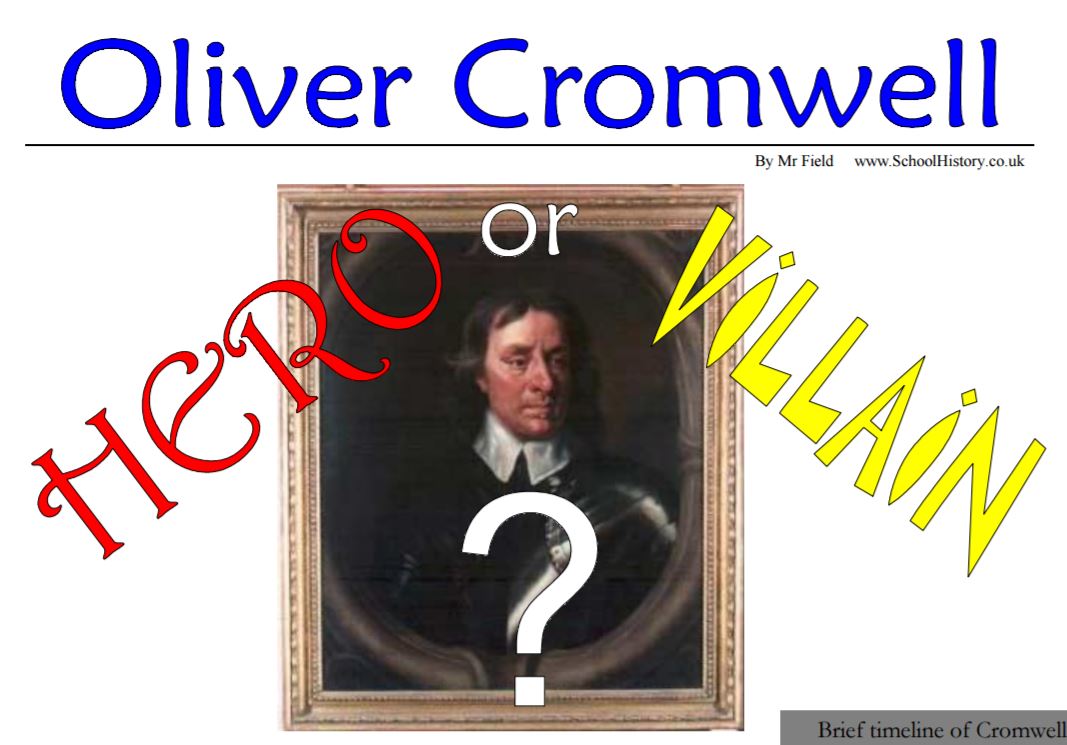All of this is very disturbing, not least because if we are in a post-truth world, there is a very real question about whether knowledge is important any more (I would argue that it is more so than ever - more on this soon). Naturally there has been much soul searching and even more hand wringing about how we approach the issue of truth having been downgraded in our political discourse. In some cases, people are drawing historical parallels and suggesting that we learn the warnings of the 1930s; to be on guard against malicious propaganda; to disbelieve the information coming out of the (insert the group you disagree with here) camp; and so on.
Followers of the Schools History Project will know that one of the founding principles of the movement was to help students see the relevance of history to their lives, and give them some of the tools to help understand it (Schools History Project, n.d.). Over the last few months, I have seen numerous exhortations in the history teaching community for educators to warn pupils of the dangers of misinformation, and encourage them to be on guard against malign interpretations. Although well intentioned, I think this use of history misses the point of our discipline somewhat. In fact, I wonder if such an approach, namely using history to make pupils sceptical of information, has actually contributed to the post-truth problem.
Even in my first couple of years of teaching, I maintained a similar stance to historical study. I loved introducing kids to the idea of historical interpretations; getting them to query and question the motives of authors; to dismiss problematic accounts and be sceptical of everything. It was brilliant to see kids challenging the books they were given and questioning the motives of the historical authors they encountered. Yet there was always a nagging feeling that something wasn’t quite right.
Looking back on all of this now, I genuinely believe that I, and others have contributed-, and continue to contribute- to a misuse and perversion of history. Indeed, even a cursory reading of the full SHP principles reveals a much more nuanced view of historical interpretations than many history teachers (myself included) have actually offered their students. The SHP for example are supportive of the idea that children should be encouraged to “develop their own opinions” on historical events and interpretations. However, the crucial phrase comes shortly after – such opinions and critiques should be “based on a respect for evidence” (Schools History Project, n.d.). This is where much of my early teaching on historical interpretations fell down, and wherein the danger still lies.
In this series of blogs, I hope to unpick two main issues with the ways we currently approach historical interpretations in the classroom:
- first, the issue over oversimplification;
- and second, the rejection of historical truth.
One of the biggest issues I ran into in my early career was over-simplifying the concept of historical interpretations. Like many, I was content to encourage children to develop a “critical mindset” in the generic sense. What this missed of course was the fact that, by treating criticality as an independent "skill" I was only giving them half the toolset to deal with misinformation. I was effectively training pupils to be mistrustful without the grounding in period knowledge to substantiate such mistrust. A pupil who knows little about the Russian Revolution will struggle to say anything meaningful about Pipes’ or Fitzpatrick’s interpretation of it. I still see cases today where children are being taught to summarily dismiss historical research as “biased” or “inaccurate” rather than engaging with it properly. Even where teachers do engage more fully with interpretations of the past, children are routinely asked to make judgements about them based almost entirely on limited contextual information. A Victorian interpretation of Cromwell is bound to be positive because they loved Cromwell, didn’t they? A modern historian will want to sell books and make money, won’t she?
Worse than this, we often push children to be overtly sceptical of the interpretations with which we personally disagree. In my early career as a history teacher, I used to teach a unit on interpretations of the British Empire. We spent time unpicking the interpretations of Denis Judd, Lawrence James, and Niall Ferguson on the impact and legacy of the Empire. To my shame, I was often too ready to dismiss Fergusson’s interpretation as the ramblings of a right-wing neo-liberal with too much love for the Empire which “made the modern world”.
The effect of this? In many ways, this is exactly what we have seen people doing in the US election, the EU referendum, and so on. Time after time we have heard from Trump that “CNN have reported it so it must be #FakeNews”, or that the BBC cannot be trusted to report the feelings of “hardworking” Britons on Brexit. People are so used to this lazy scepticism, and so ambivalent to the truth, that they retreat into the comfort of their own personal truths.
I am going to wrap things up here for now. In my next blog, I will be addressing the issue of historical truth and its connections to the post-truth culture. I want to explore how the notion of historical truth has suffered at the hands of “genericists” and “cultural capitalists” alike, and why we need to be less scared of the term "truth" in our classrooms.
I you have any comments, please feel free to add them below, or contact @apf102 on Twitter.



 RSS Feed
RSS Feed
